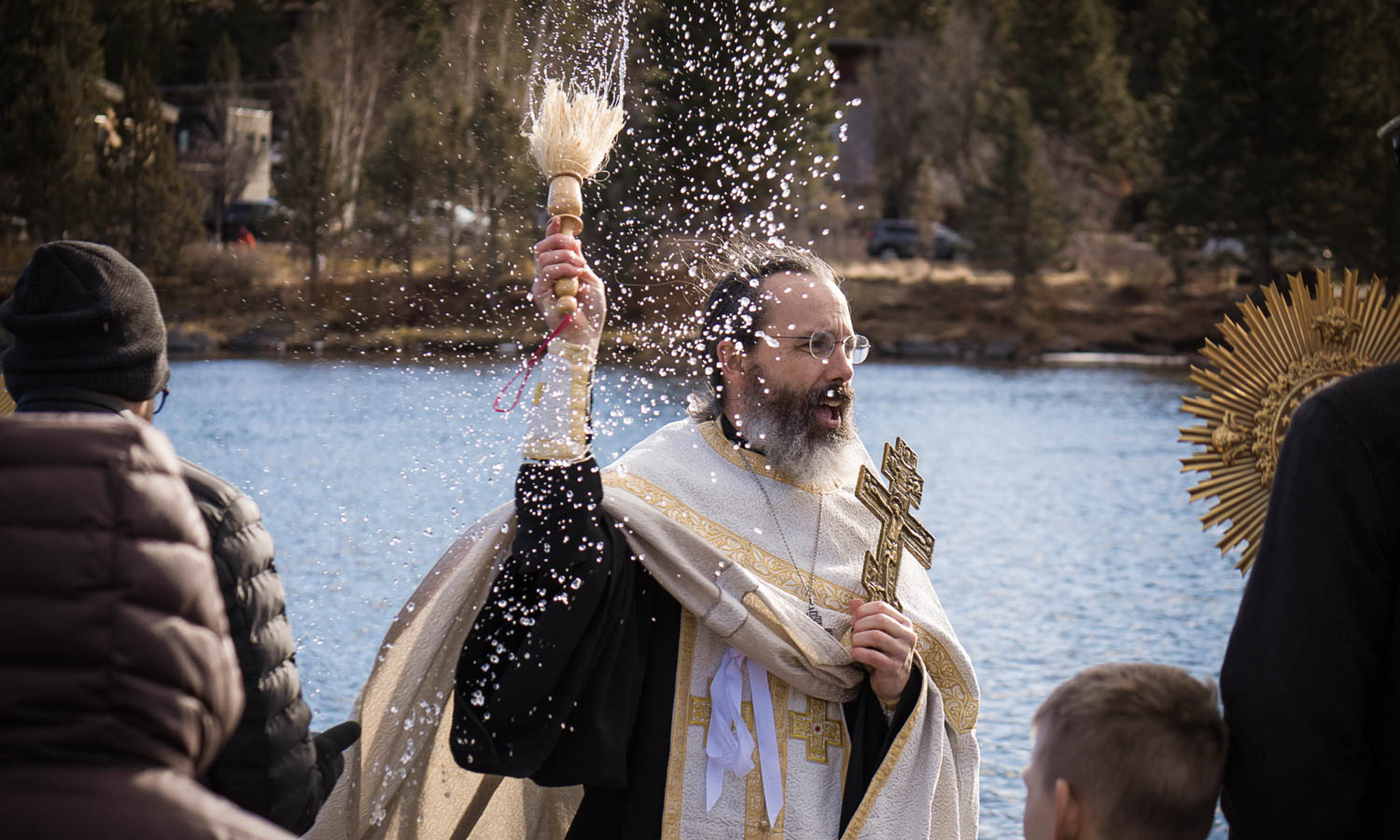We will be celebrating the first annual celebration of the newly-canonized St. Olga later this month: October 27th. The OCA has published her service both in a readers format, for a simple reading of the service without singing, and also pointed to be sung. Those are available on the OCA liturgical resources page for the American saints.
In order to more clearly convey the message of the hymns in the particular set of the Church tones use in our parish, I have taken those services and edited them. Feel free to use this full service to St. Olga, including Vespers and Matins. With these, you can serve the full cycle of services in honor or our gentle beacon of peace, St. Olga of Alaska.
Continue reading “Matushka Olga full service: Vespers, Matins, Liturgy”